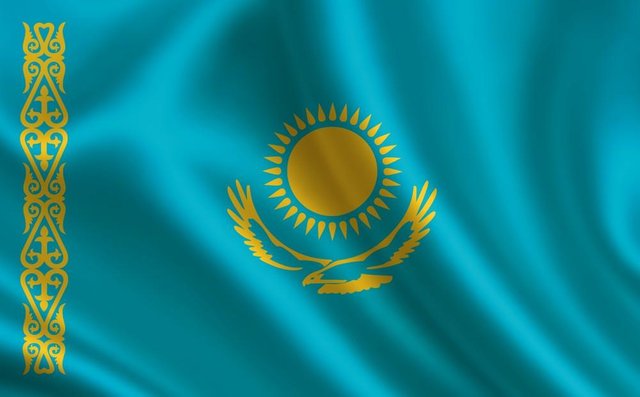Kazakhstan President Proposes a Global “Cryptocurrency” Known as G-Global

Kazakhstan is not a country most people would associate with digital currencies. Very little is known about this part of the world by outsiders, especially when it comes to the financial sector. At the same time, the country is home to a booming blockchain industry. Moreover, the president of Kazakhstan, Nursultan Nazarbayev, wants to create a new international “cryptocurrency” known as G-Global. It’s an interesting development to keep an eye on, although the usefulness of such a currency will always be in question.
KAZAKHSTAN’S G-GLOBAL IS AN INTERESTING PROPOSAL
Most people will agree the international financial system is not in the best of shape. It is rather expensive to send money across borders, regardless of which region you are from and where your money is destined to go. That situation has only grown worse over time, as the costs of sending money keep increasing while major delays continue to exist. This current situation is far from perfect, but it remains to be seen how things will evolve in the coming years.
Nursultan Nazarbayev, the president of Kazakhstan, has come up with a rather interesting way of addressing this problem once and for all. His idea is both simple and elegant, at least on paper. Creating a new international digital currency to achieve a more streamlined method of sending and receiving money internationally makes a lot of sense. Achieving that goal, however, may prove to be a lot more difficult than most people would assume. After all, there is currently no convenient way to do so without paying exuberant fees.
Kazakhstan has come up with G-Global, a new “cryptocurrency” designed to transform the global financial architecture. It will serve as a settlement and payment unit, which should reduce speculation, currency wars, and market volatility. Do keep in mind this will not be a regular cryptocurrency like Bitcoin or Ethereum, but that doesn’t mean it can’t serve a purpose. The country proposes to use a transparent and simple emission mechanism which is subject to the desires of its consumers, which is a rather intriguing way of phrasing things.
How this currency will be created exactly remains unknown at this point. There is no indication that this will be a blockchain-based currency, although that would be the logical course of action. As far as bringing value to this currency, it seems G-Global will be based on “specific assets”. That’s a vague statement, and Nazarbayev has not provided any further information on this topic as of right now. Still, it makes for an interesting concept to explore further.
Creating a new global currency out of thin air is not an easy feat. Even world governments will not be able to do so on their own. This is why Kazakhstan hopes that other countries will consider its proposal and get on board to develop this new currency. In an ideal scenario, G-Global will be created by a “pool of central banks”.
The concept of central bank digital currencies is still subject to substantial debate. By default, a global currency should not have anyone who can oversee matters from a position of control, so to speak. No one in the world has the authority to speak for everyone else on this planet, especially not when it comes to the financial sector. This is why cryptocurrencies such as Bitcoin are becoming more popular, as no one can exert any control over it whatsoever.
Ads by Revcontent
FROM THE WEB
People in South Africa Are Going Crazy over This Bitcoin Hack
Brxfinance
Bitcoin Is Making People Rich In South Africa
Brx Finance
Top 10 Reasons Why You Need To Invest In Bitcoin Before Its Too Late
Brx Finance
How To Join The 1%... Even If You're Drowning In Debt!
Cxo Trade
If You Were Born Between 1951-1991 You Have To Watch This! It Can Make You Rich
Brx Finance
About The Author
Jdebunt
JP Buntinx is a FinTech and Bitcoin enthusiast living in Belgium. His passion for finance and technology made him one of the world's leading freelance Bitcoin writers, and he aims to achieve the same level of respect in the FinTech sector.